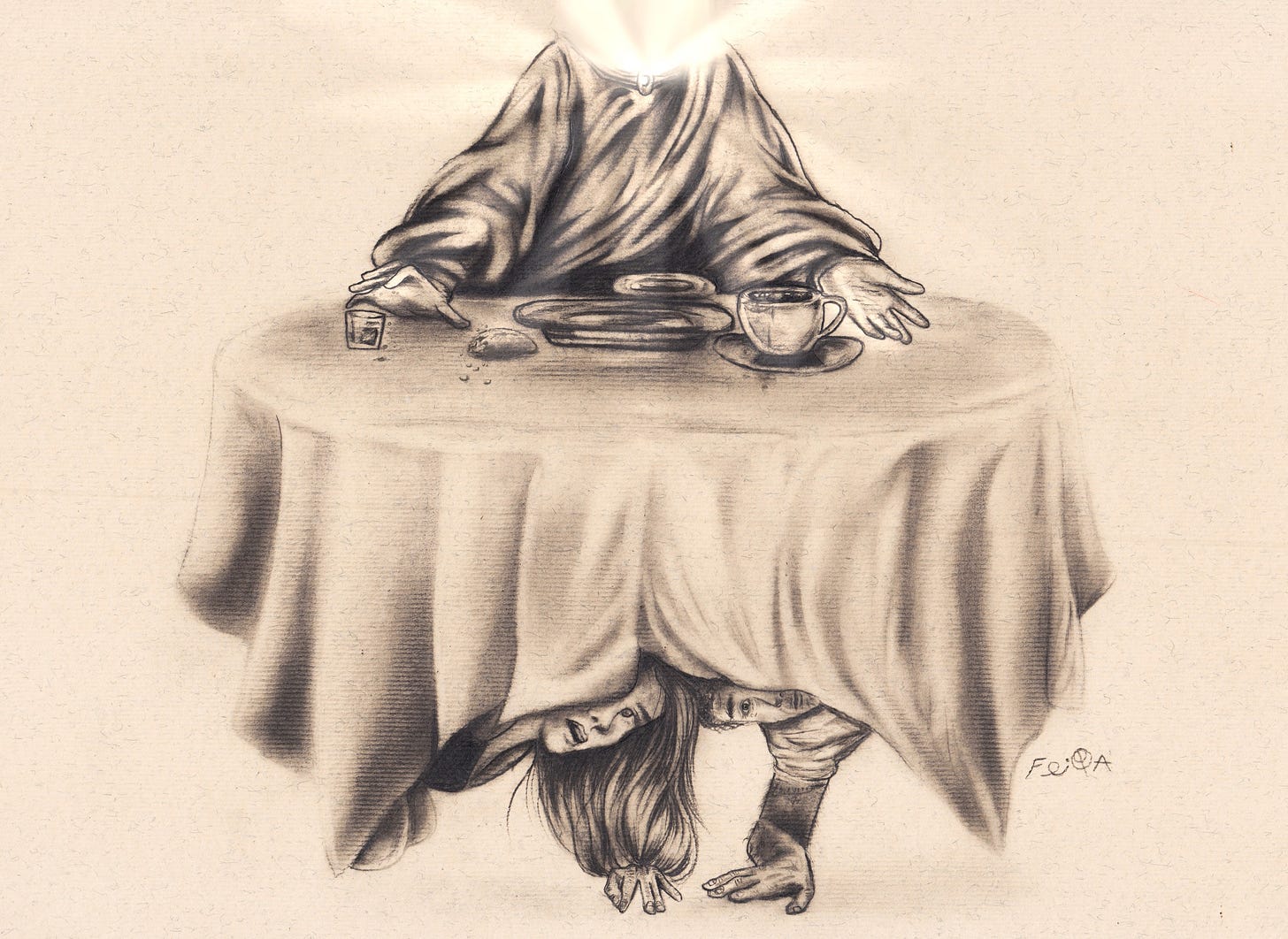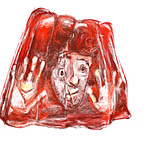For me, a good story is one that manages to surprise me while I’m writing it, taking me to unexpected places. “A World Without Selfie Sticks,” which first appeared a year ago in McSweeney’s, is definitely one such story. When I sat down to write it, I was sure it was about relationships, but only when I got to the end did I realize it was about something else entirely.
This story has just relocated to Autocorrect, my forthcoming book.
Share Alphabet Soup
Translated by Sondra Silverston, intro translated by Jessica Cohen
Afterword
Whenever someone asks about my religious identity, I like to say that I’m an “agnostic Jew.” If they demand to know what the hell that means, I explain that I don’t really believe in God, but I’m still scared shitless of Him. When I sat down to write “A World Without Selfie Sticks,” it was clear to me from the very first line that the story would not be set in Israel and its characters would be American. After each paragraph I wrote, I stopped and asked myself, “Why is this story taking place in New York and not in Tel Aviv?” When I couldn’t come up with an answer, I kept going to the next paragraph. Only when I reached the end did I finally realize that the story had to occur in New York, rather than Tel Aviv, if only so that I could end it in a church and not a synagogue. Because at the moment of truth, when you have to face God and tell Him he doesn’t exist, it’s a lot easier to do it in front of someone else’s God.
Share
















Share this post